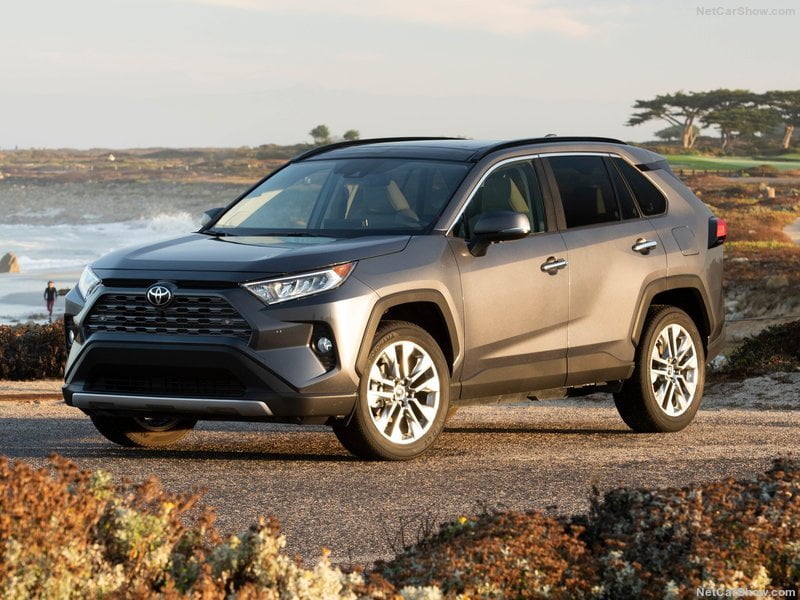Indonesian Vehicles Sales in 2019 embarked on a negative pathway. Indeed, full-year sales have been 1.066.122 (-6.5%). Toyota, held over 35% of share, widening the gap from the followers, Daihatsu and Honda.
Economic Environment
Indonesian economy eased marginally in the third quarter according to recent data. Both private and government consumption slowed as the boost from election-related spending ebbed. Moreover, fixed investment growth fell to a three-year low, likely due in part to import controls. However, the contribution from the external sector strengthened, as these same controls led to a sharp fall in imports.
Turning to the fourth quarter, economic activity is likely broadly unchanged, as recent substantial monetary easing should be providing support to the domestic economy. That said, signs from the manufacturing sector are discouraging: The PMI fell to a near four-year low in October amid lower production and new orders. Meanwhile, in the political arena, President Jokowi announced his new cabinet in mid-October.
Economic growth is seen fairly stable next year. While fixed investment is seen picking up on recent tax incentives and greater infrastructure spending, this will be largely offset by a weaker external sector as imports rebound.
Market Trend
Indonesian Vehicles market had spent four years on the sky, when, during the 2010-2013 the market scored four all time records in a row, almost doubling volume and not only outpacing the magic 1 million units quota, but landing at a 2013 record of 1.22 million vehicles (including HCVs) sales, before interrupting the run in 2015 with registrations at 1.031.808 (-14.5%).
Then a new positive pathway was taken ending 2016 at 1.074.000 units (including HCVs and Bus) and keeping a moderate recovery in 2017 as well. In 2018, the market was substantially flat, ending with 1.140.349 units sold.
In 2019, according to data released by the local Association of Car Manufacturers, the market registered a negative trend. Indeed, with full-year sales at 1.066.122 (-6.5%).
In the competitive landscape, the market dominator is Toyota, holding over 35% of share, widening the gap from the followers, Daihatsu and Honda.










